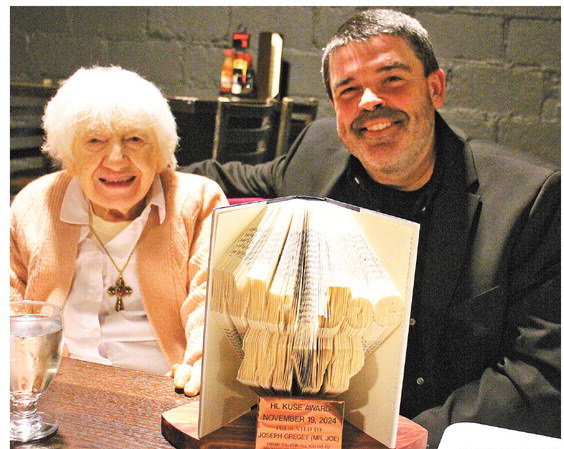Mammograms detect cancer early, save lives
Mammograms give women a crucial head start on finding breast cancer early when treatment is often most effective. They can detect tumors that are still too tiny to feel and identify cancer before symptoms start.
Aspirus Health encourages women, especially those who may have put off seeing their provider during COVID, to get their health back on track.
The timing of mammograms is especially important in 2021 as more and more adult women become eligible for the COVID vaccine. It is important to schedule a mammogram before the COVID vaccine, if at all possible, or wait 4-6 weeks after receiving the second COVID vaccine.
Since some patients may experience enlarged lymph nodes after receiving the vaccine (which could hinder an accurate mammogram reading), Aspirus is adopting the recommendations on timing recently issued by The Society of Breast Imaging. Specifically, the guidance states: If possible, and when it does not unduly delay care, consider scheduling a mammogram prior to the first dose of a COVID-19 vaccination or 4-6 weeks following the second dose of a COVID-19 vaccination. Vaccines of all types can result in temporary swelling of the lymph nodes; swollen lymph nodes may be a sign that the body is making antibodies in response to the vaccine as intended.
However, swollen lymph nodes under an arm can also be a sign of cancer. Dr. Samir Kulkarni, lead radiologist at Aspirus and a member of the Society of Breast Imaging, explains the importance in waiting after the final COVID vaccine before having a mammogram. “Enlarged lymph nodes may result in a patient being ‘called back’ for additional imaging and evaluation,” he said. “Ensuring enough time has passed between COVID vaccines and a mammogram ensures that a patient doesn’t need to have a mammogram re-done for additional evaluation,” when it’s due to a reaction to a COVID vaccine, he explains.
A different dimension in mammograms Aspirus Health further offers 3-D mammography at all locations, further improving the accuracy of breast cancer screening. During a 3-D mammogram, multiple pictures are taken simultaneously that are essentially stacked. Special computer software then creates a detailed 3-D image of the breast, providing the most comprehensive screening possible. Schedule at the most optimum time for you Aspirus offers screening mammograms to women beginning at age 40 and continuing annually. If you haven’t already received a COVID vaccine, consider scheduling your mammogram soon. If you’ve already received the vaccine or are scheduled to receive it, count out 4-6 weeks after the second dose in consideration of when to schedule your mammogram.
Free mammograms may be available to those who qualify (visit aspirus.org/free-mammograms for more information).


